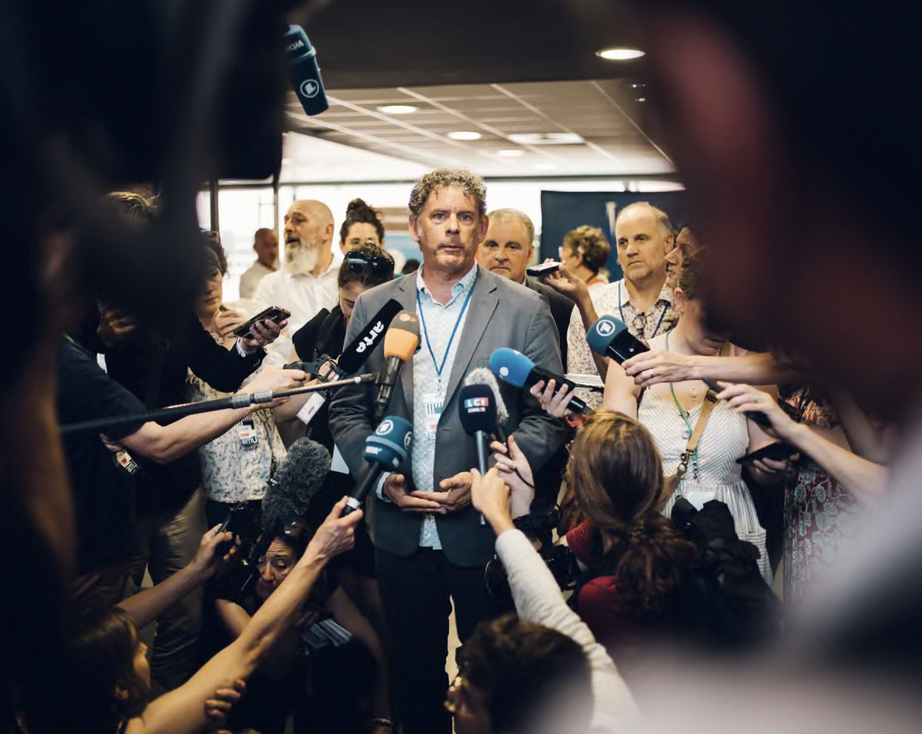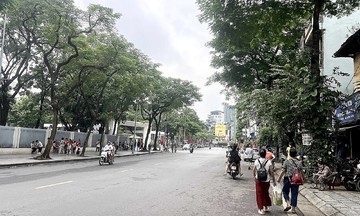The thought of "having to leave his homeland" first occurred to historian Brian Sandberg in March following a series of policy changes, including budget cuts, targeting international students, and banning certain research areas.
"The entire research and higher education system in the US is teetering," Sandberg said.
He applied to the "scientific asylum" program at Aix-Marseille University (France) along with nearly 300 other researchers. The program provides three years of funding for scientists.
Last week, Sandberg was shortlisted as one of the 39 final candidates. "The American education and scientific research system is deteriorating," he said.
This situation is reflected in a March/2025 Nature magazine survey, where over 75% of 1,600 American scientists considered leaving the country due to the new policies.
The wave of unease escalated after the Department of Health and Human Services (HHS) laid off 10,000 employees, including scientists from the Food and Drug Administration (FDA) and the National Cancer Institute, coupled with research budget cuts.
Anjee Davis, CEO of the advocacy group Fight Colorectal Cancer, said, "These decisions could wipe out decades of progress in the fight against cancer,".
 |
Brian Sandberg is one of 39 American researchers shortlisted for the academic program at Aix-Marseille University, France. Photo: Giacometti/The Guardian |
Brian Sandberg is one of 39 American researchers shortlisted for the academic program at Aix-Marseille University, France. Photo: Giacometti/The Guardian
Hundreds of applications sent to Aix-Marseille University (France) came from prestigious research institutions like Johns Hopkins, NASA, and major universities like Columbia, Yale, and Stanford. Eric Berton, the university's president, called it a historic moment.
"More than 80 years ago, the US welcomed exiled French researchers. Now, in a sad reversal, American scientists are turning to France for the freedom to conduct their research," he said.
Many American applicants requested anonymity for fear of retaliation. "The administration says that if you speak out against them, they will deport you," said a biological anthropologist named Lisa. She didn't want any trouble before moving her family.
Scientists described a precarious work environment, with the government cutting funding and censoring content. "There are many words we are not allowed to use in grant applications, such as 'diversity,' 'women,' 'LGBTQ'," said Carol Lee, an evolutionary biologist.
For Lisa, moving her husband (a teacher) and two children across the Atlantic was a difficult decision. She accepted a significant pay cut and worried about her husband's job prospects. "I don't think I can support all four of us on my salary," she said.
But like many others, she felt she had no choice.
James, a climate researcher, and his wife were both shortlisted. He faces the prospect of abandoning his decades-long career in the US.
"I am grateful for this opportunity, but also saddened that I need it," he shared.
Minh Phuong (According to Guardian, Yahoo)












